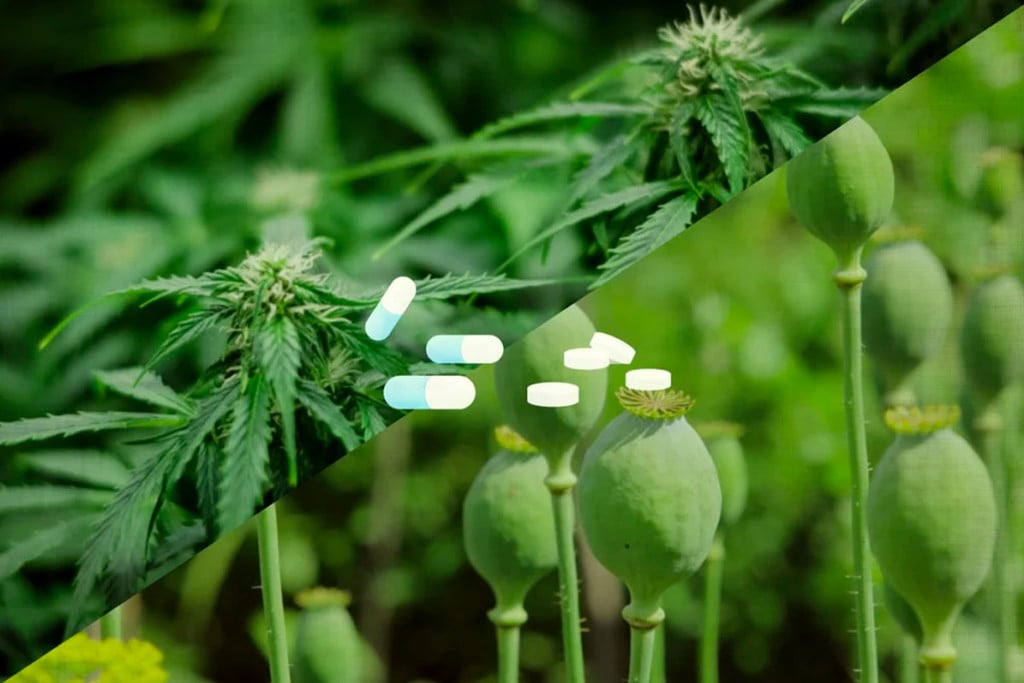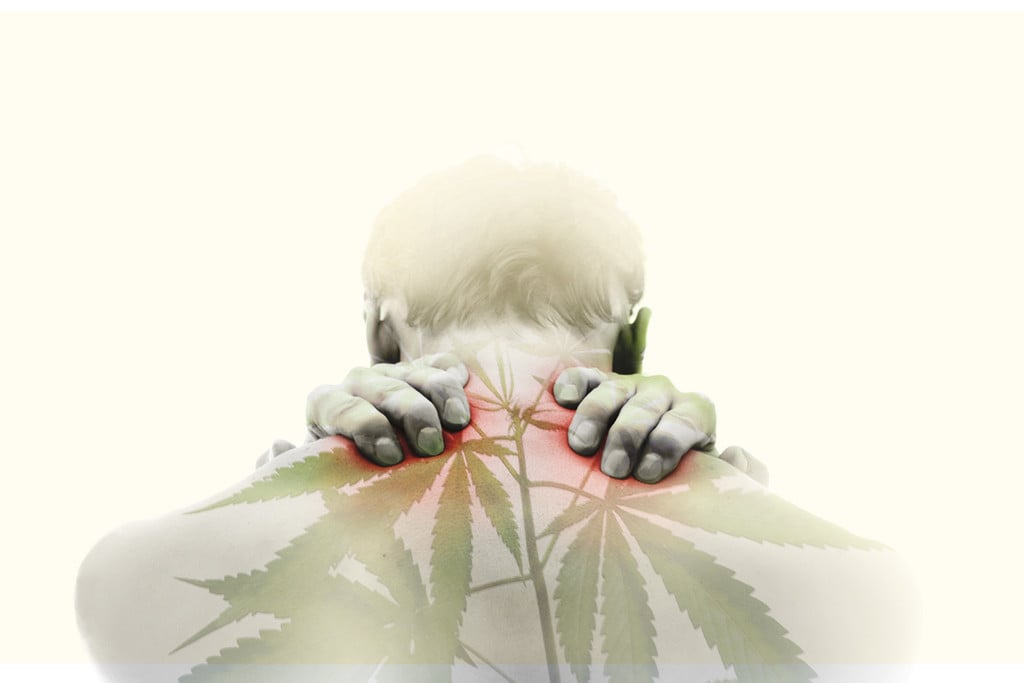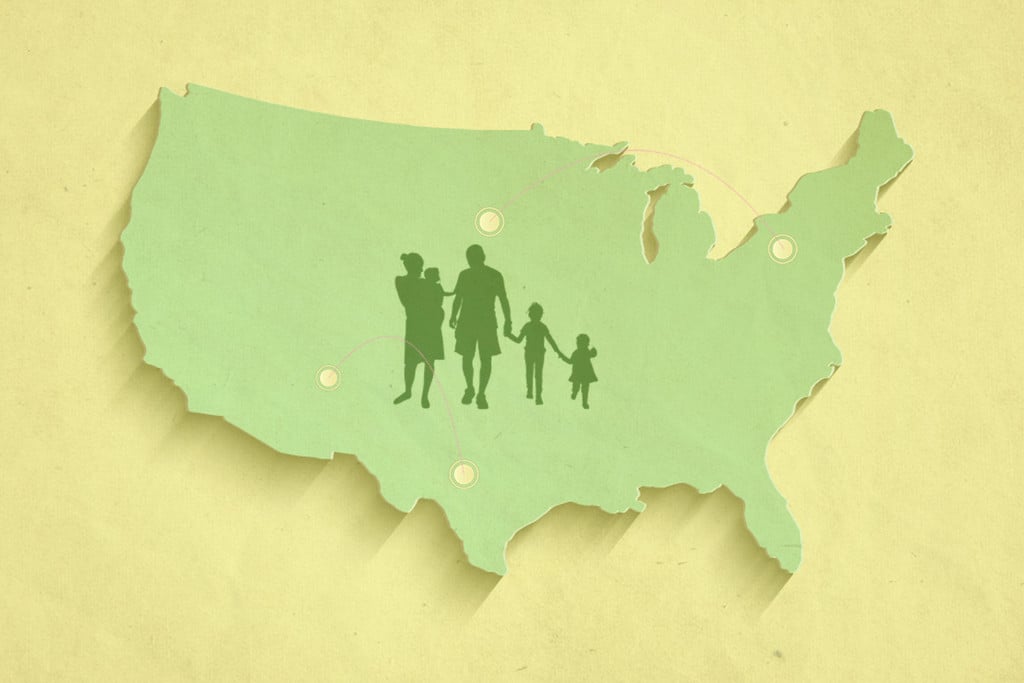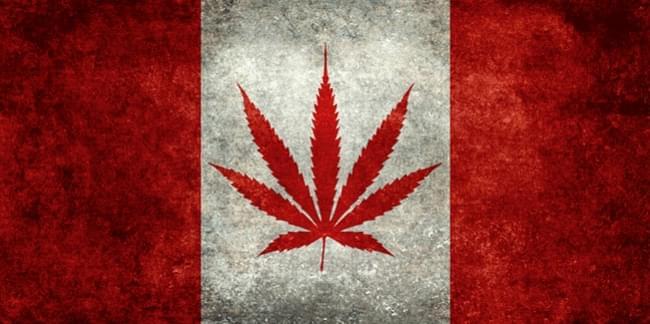.

Medical Marijuana Covered By Canadian Health Insurance
Canada's healthcare system has long been the envy of the world. Now it is covering patients' access to cannabis-based medicines. Let's take a look at their new regime for medical marijuana.
Canada's healthcare isn't just popular with Canadians. Around the world, countries look to Canada as a model for public-option healthcare. Virtually all basic essential care from physicians and hospitals is covered by the taxpayer. Some services are not covered, such as home care, dental plans and prescription drugs. There is however some flexibility in insurance plans you can follow. Around 30% of Canada's healthcare is financed by private insurance. Sun Life Assurance Co. is one of the largest insurance providers in the world. As one of the most eminent corporations in Canada, it has just announced some huge news for medical marijuana users.
PRIVATE SECTOR MOVES FOR MEDICAL MARIJUANA
Sun Life has announced that from 1st March 2018, their healthcare plan will cover cannabis prescribed as medicine. Between $1,500-6,000 worth of medical marijuana can be paid for by their plan. That much weed can be covered once it is dispensed according to government regulations. With the legalisation of recreational marijuana on its way to Canada, the private sector feels secure making commitments like these. As more companies follow suit, the stigma around cannabis use as a medicine should fade further. Loblaws Companies Limited, which runs a chain of stores employing around 200,000 people, is also providing coverage for medical marijuana.

PUBLIC LAW MOVES FOR MEDICAL MARIJUANA
A public option seems some way off although there is an encouraging legal precedent set by the eastern province of Nova Scotia. When mechanic Gordon "Wayne" Skinner was injured on the job, he developed terrible chronic back pain. Medical marijuana was soothing these problems. Skinner had hoped that his union would cover the cost through its trust fund. This however, was turned down three times, leading Skinner to bring his case to a human rights board hearing. The board ruled in his favor that provincial human rights law required the union to reimburse him for his medical marijuana expenses. They found that Skinner had been discriminated against in a "non-direct and unintentional" manner by the anti-marijuana policy. So perhaps throughout Canada, more providers with public obligations shall re-examine their own policies.
UNDER WHAT CONDITIONS?
There remains a question even if coverage for medical marijuana becomes more commonplace. What sort of stipulations will come with that access? California had a notoriously loose system with a generously broad range of conditions. This facilitated broad access to the broad catalog of dispensaries. Under current Canadian laws there are about 40 facilities that have a government license to grow and distribute medical marijuana. They can only provide to prescribed patients and patients can only get coverage if their condition is specified by their insurance.
That all depends on the attitude of your insurance provider. So in the case of Sun Life's big announcement, they claim to be open to clinical evidence related to conditions that currently don’t apply for coverage. Initially however, they have stated only the following conditions would be applicable under their programme:
- Severe or refractory pain related to cancer and nausea associated with cancer treatments
- Neuropathic pain and spasticity related to multiple sclerosis
- Pain related to rheumatoid arthritis that doesn’t respond to standard therapy
- Anorexia and neuropathic pain related to HIV/AIDS
- Palliative care
RECREATIONAL MARIJUANA IN CANADA
Marijuana will come to be associated with a broader range of conditions as clinical evidence mounts for its efficacy. Treatment is available through Canada's healthcare, although concerns have been raised about how often the medical system is abused by primarily recreational users. Anecdotal reports from cannabis clinics suggest that recreational users tend not to risk going through the paperwork required of the medical route. Recreational users will be much freer soon at any rate. Canada's government has committed to legalising the production and retail of recreational marijuana in 2018.
An enactment date of July 1st 2018 was aimed for, but this has been delayed to a later date in Fall. By then police will have to be prepared for new laws. It would be wrong if some amnesty deal was not granted for marijuana users who are currently convicted or incarcerated. At any rate, social acceptance of cannabis in Canada will be widespread. Hopefully healthcare providers will wake up and smell the ganja.








































